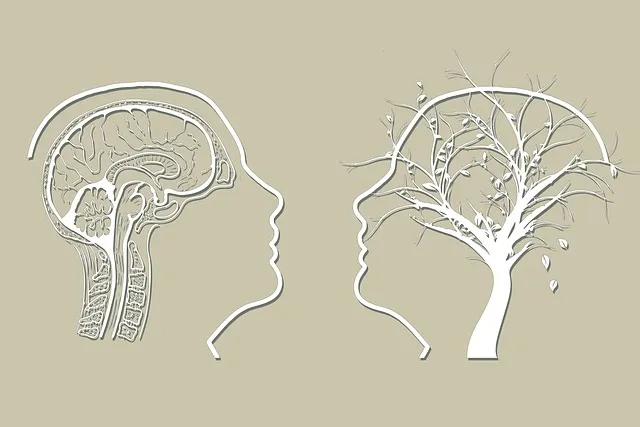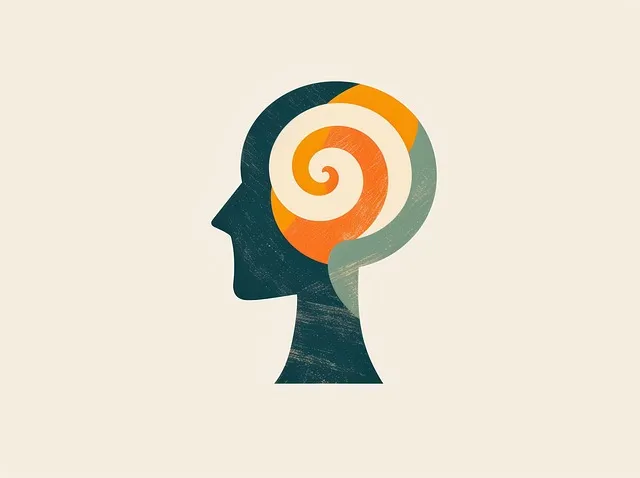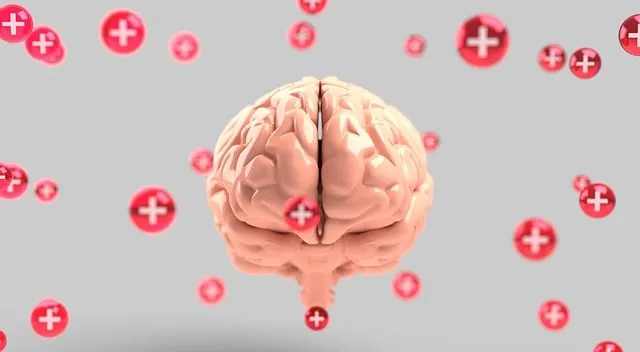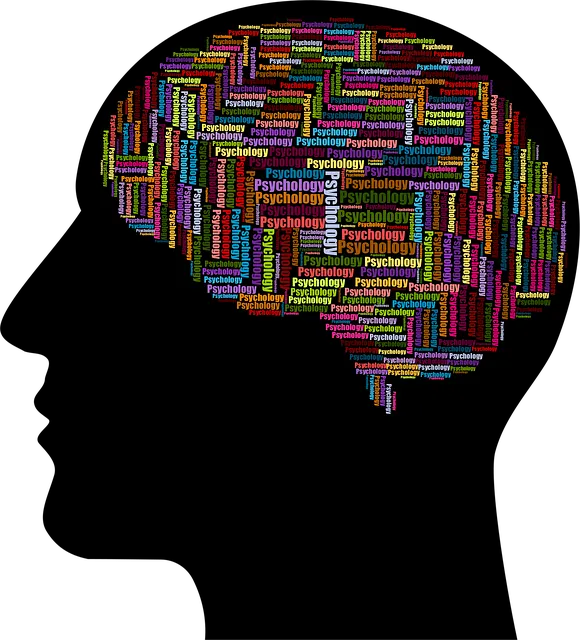Northglenn Kaiser Permanente's mental health department leads a multi-faceted approach to emotional intelligence (EQ), focusing on self-awareness through resources like meditation and journaling, empathy cultivation via Compassion Cultivation Practices for better client relationships, and risk assessment tools for professionals. Their initiatives enhance EQ, improve patient outcomes, and advocate for mental wellness policy, underscoring the department's key role in creating supportive work environments.
Emotional intelligence (EI) is a powerful tool for enhancing overall well-being, and the Northglenn Kaiser Permanente mental health department has developed an innovative approach to building it. This article explores three key aspects of EI development, drawing insights from the Kaiser Permanente strategy. We’ll uncover ‘Understanding Emotional Intelligence’ through their lens, delve into ‘Tools for Self-Awareness’ to nurture your inner life, and explore ‘Enhancing Empathy’ as a means to build stronger connections with others.
- Understanding Emotional Intelligence: The Kaiser Permanente Approach
- Tools for Self-Awareness: Nurturing Your Inner Life
- Enhancing Empathy: Building Connections with Others
Understanding Emotional Intelligence: The Kaiser Permanente Approach

At Northglenn Kaiser Permanente, emotional intelligence (EQ) is recognized as a cornerstone for optimal mental health and well-being. The organization’s approach to EQ development focuses on self-awareness, empathy, and effective communication—key aspects that contribute to fostering supportive and healthy work environments. Their mental health department plays a pivotal role in promoting these values through various initiatives.
One notable strategy is the implementation of risk assessment tools for mental health professionals, which helps identify potential areas where EQ can be enhanced. This proactive measure aims to improve patient outcomes by ensuring that mental health practitioners are equipped with the necessary skills to manage their own emotional states and interact sensitively with clients. Additionally, Northglenn Kaiser Permanente has initiated a Mental Wellness Podcast Series Production, offering insightful discussions on topics relevant to both professionals and individuals seeking mental health support. This innovative approach leverages modern media to further the conversation around emotional intelligence and its impact on mental health policy analysis and advocacy.
Tools for Self-Awareness: Nurturing Your Inner Life

In the journey to build emotional intelligence, cultivating self-awareness is a powerful tool. The Northglenn Kaiser Permanente mental health department offers valuable resources for individuals seeking to nurture their inner lives. Engaging in regular self-care practices, such as meditation or journaling, can help you gain profound insights into your emotions and thought patterns. By dedicating time to understand yourself, you can identify triggers, strengths, and areas for growth, fostering a deeper sense of self-awareness.
Self-esteem improvement is an integral aspect of this process. Encouraging positive thinking through affirmations and practicing gratitude can significantly impact overall well-being. The mental health department’s guidance can assist individuals in developing coping mechanisms to enhance their emotional resilience and promote a healthier relationship with themselves, ultimately contributing to better management of daily stressors.
Enhancing Empathy: Building Connections with Others

Empathy is a cornerstone of emotional intelligence, and fostering it can lead to deeper connections with others. The Northglenn Kaiser Permanente mental health department number serves as a valuable resource for individuals seeking support in enhancing their empathy. Through Compassion Cultivation Practices, professionals learn to cultivate a deeper understanding of others’ emotions and experiences. By practicing active listening, validating feelings, and reflecting on perspectives, mental health experts can build stronger relationships with their clients.
This increased empathy not only improves patient outcomes but also enables practitioners to navigate complex emotional scenarios more effectively. Positive Thinking, while crucial for resilience, is just one aspect of a holistic approach to mental health. Risk Management Planning becomes essential when professionals are equipped with heightened empathy, as it allows them to anticipate and mitigate potential challenges in their interactions with clients.
Emotional intelligence is a powerful tool for personal growth and improved relationships, as demonstrated by the successful programs at the Northglenn Kaiser Permanente mental health department. By fostering self-awareness through introspection and mindfulness, individuals can better understand their emotions and those of others. Enhancing empathy builds stronger connections and promotes a more compassionate society. Embracing these principles can lead to significant improvements in mental well-being, as evidenced by the impact of Kaiser Permanente’s approach.






